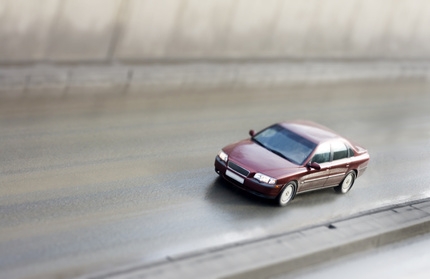
A pre-owned car, also called a used or secondhand car, is a car that has been previously owned by someone else. Buying a used car is sometimes the best and cheapest way to own a vehicle. Used cars are sold in many different ways, including through a brand-name dealership (for example, Honda, Toyota, BMW, etc.), an independent dealership or a private party.
Many dealership will sell pre-owned vehicles. If you're already set on purchasing a specific brand and/or model, going through a dealership may be ideal for you. First, you need to know the model you want to purchase.
Visit the nearest dealership and meet with a sales associate. Some important questions to ask concern the vehicle history, pricing comparisons with other models, warranty and extended warranty options, and service plans.
Test drive. Make sure you like it as you're driving it.
Purchase. If you like it, buy it. Be sure to ask for payment options if you need to be on a plan.
Going through an independent dealer is another popular option, especially if you're not set on a specific brand or model. An independent dealer such as CarMax (carmax.com) will have a variety of brands and models for you to choose from.
Visit the nearest dealership and meet with a sales associate. You will also need to ask the important questions concerning the vehicle history, pricing comparisons with other brands and/or models, warranty and extended warranty options, and service plans.
Test drive. Make sure you like it as you're driving it.
Purchase. If you like it, buy it. Be sure to ask for payment options if you need to be on a plan.
You can often find the best deals through a private party. Many times, these people are eager to sell their vehicles, so you may find a great deal. You can find private party sales via classified ads in the newspapers or online.
Meet with the private party seller at a mutually agreed upon location. Make sure you bring a friend with you and make sure you're meeting in a public place for your safety. You should ask about the vehicle's history, especially if it's been in an accident or several accidents. If it has, request the paperwork from the shop where the vehicle underwent repairs. Also, make sure you ask if the vehicle is still in its original or extended warranty, and whether it's been paid off.
Test drive it. Watch for anything that may be unusual.
Purchase the car if you like it. Make sure you have a detailed sales agreement drafted. You can find agreement samples online (see Reference section).
Exchange money. You and the private party selling the car will need to agree on the method of purchase. This may include direct deposit, a check, cashier checks, cash or a money order. Decide on what's the best route for both of you.